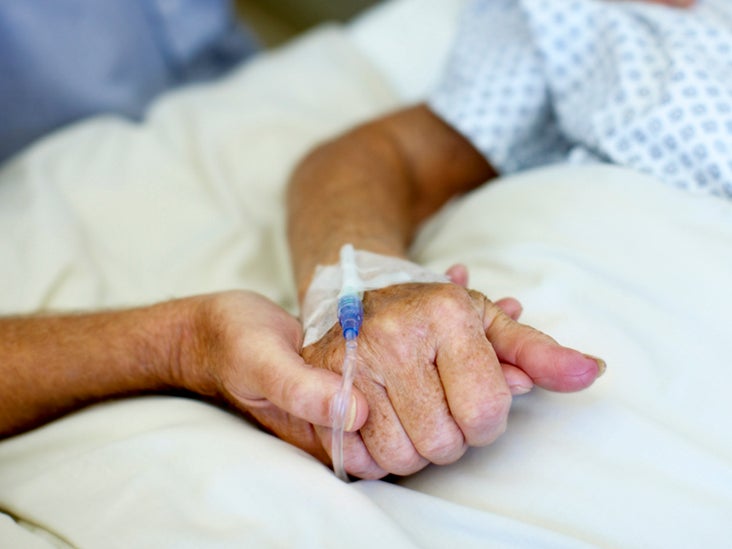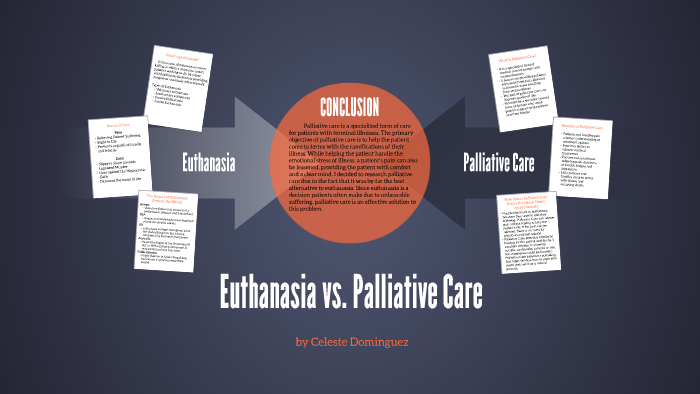This article was brought to you by Must Share Good Things. Check us out and follow us on our Tiktok, Facebook, Instagram or Telegram for more content!
–

Prevalence of Suicide
A death by suicide. The mere mention of the phrase would send shivers down one’s spine. Let’s say a loved one has an incurable illness and is in incredible pain. The only alternative they have would be to endure the pain before they reach the brink of death. The death of a terminally ill patient is not only excruciating for them but also for their loved ones. Should anyone in these circumstances be allowed to choose death over this life?
Statistics from the Samaritans of Singapore proved a 13% increase in suicides in 2020 for people with terminal illness. Such a significant increase allows me to ponder if Euthanasia is a better suited way to cope with nearing death. Therefore, such issues should be addressed and ameliorated.

What is Euthanasia?
Assisted suicide, commonly known by the term Euthanasia, is the practice of intentionally ending a life to relieve pain and suffering. Euthanasia also provides individuals in agony with a painless choice if they so desire. For these reasons alone, I feel that Euthanasia should be legalised in Singapore.
Medical advancements in the last few decades have dramatically increased life expectancy. In the case of an accident, medicine provides hope and assurance that everything is being done to save our lives. Moreover, the healthcare community will exhaust all options and resources to achieve this aim.
However, there are times when medicine falls short of its fundamental objectives. There are moments when the suffering is still too much to bear; under such circumstances, a person should be entitled to decide whether they wish to continue living.

Preserving Good Memories
Predominantly, the idea of preserving the memory of loved ones is a primary reason why Euthanasia should be legalised. Concerning a situation near and dear to my heart, my grandma was diagnosed with terminal cancer a few years back. She endured severe suffering for three months which made us extremely distressed. Despite our fond recollections of her, we were troubled by the fact that she was in agony.
The sight of her health deteriorating day by day was subconsciously engraved in our minds. With that, I feel that it is needless for someone to tolerate the pain while not having any cure to an illness. Under such circumstances, people should be given the option to choose Euthanasia, therefore, passing on when the time is right along with their loved ones by their side.

Palliative care vs Euthanasia
On the medical aspect, legalising Euthanasia undoubtedly provides an alternative for terminally ill patients. Apart from palliative care, euthanasia can be a viable option as well. Euthanasia – like palliative care, aims to ensure the dignified death of terminally ill patients with unbearable and untreatable pain. According to The Straits Times article ‘Healthy to discuss euthanasia openly’ stated that Euthanasia is proactive; only lethal injection is needed to take the lives of terminally ill patients through their last miles.
In comparison to palliative care that takes a different approach. For instance, having the sole purpose of prolonging the lives of the patients – keeping the feeding tubes and medication going. Euthanasia amounts to death by lethal injection. Whereas palliative care amounts to care that focus on the physical, emotional, social and spiritual needs of the persons approaching end of life, where a cure or reversal of the disease and its progress is no longer possible. Degrading effects could displayed through palliative care however, both options sharing the same goal of a dignified death.

The challenges faced by patients in the hospice are substantial and often potentially overwhelming. In a survey done by Hallenbeck J, it is reported that 310 patients with terminal illness, ‘freedom of pain’ was ranked the most important in their consideration of palliative care. Thus, Euthanasia should be an alternative given to patients to alleviate their suffering.
Ethical Aspect Of Euthanasia
Euthanasia could be seen as a form of mercy killing sparring patients from their miserable suffering. Despite the medical advances, there is no other choice for alleviation of physical pain. Parallel between animals and human; animals could be put from their sufferings, but it would seem unethical for us to do so as a human. Therefore, there would be a failure in our obligation to us humans when we have the power to alleviate the sufferings but choose not to.

It is also highlighted that forbiting Euthanasia does not provide transparent, safeguarded choices for the minority of terminally ill patients who want to control the manner and timing of their death. This causes the significant minority to take matters into their own hands. Therefore, allowing Euthanasia would also offer better protection for them than what the law can currently offer. Moreover, it allows people to make a choice and control the timing of their imminent death, therefore allowing them to pass on peacefully.
Organ Donation As An Option
Additionally, Euthanasia provides an opportunity to advocate for organ donation. This, in turn will help those with organ failure waiting for transplantation. Not only does Euthanasia gives ‘Right To die’ for the terminally ill but also the ‘Rights to life’ for the organ needy patients. According to the the article “Potential number of Organ Donors After Euthanasia in Belgium” published by JAMA network, found that in Belgium, 10.1% of patients who undergo Euthanasia are medically suitable organ donors. This could potentially save lives and improve the quality of many more.

New Zealand’s Law on Euthanasia
Nonetheless, strict protocols and investigations should be adhered for the use of Euthanasia. In accordance with New Zealand’s law on Euthanasia, there are certain criteria a person must meet before becoming eligible for Euthanasia. For instance, they must be suffering from a terminal illness that’s likely to end their life within six months, shows a significant decline in physical capabilities and would be able to make an informed decision about assisted dying. With such criteria, it ensures that the use of Euthanasia would not be abused. Therefore, if Euthanasia is legalised in Singapore, similar regulations should be adhered.

Conclusion
Ultimately, the decision between life and death affects the person suffering from the sickness. Many circumstances can influence the decisions, but only the individual is involved. As onlookers, it’s difficult to comprehend why death might be preferable to life. However, delaying our sense of loss should not be in the expense of those living in misery.
Suffering and agony are unavoidable; yet it would be imprudent not to utilize the sure means to end the suffering and misery when the sickness is terminal and has reached a certain degree of severity. Therefore, in my opinion, euthanasia should be legalised in Singapore as a last resort to relieve the crippling pain.
So, do you think Singapore should support the use of Euthanasia ?
–





